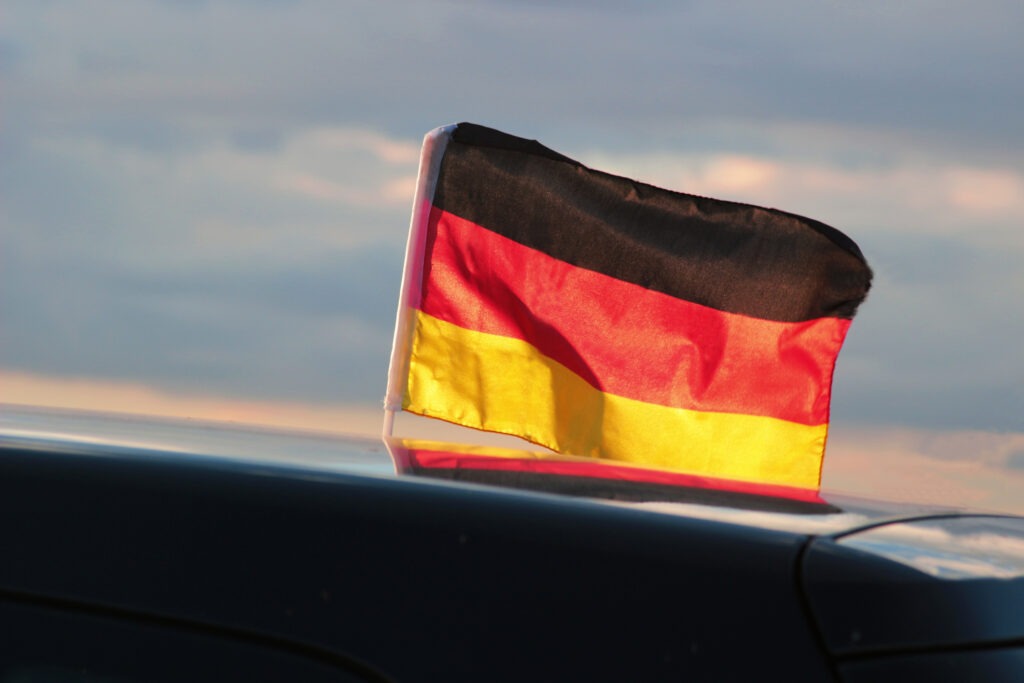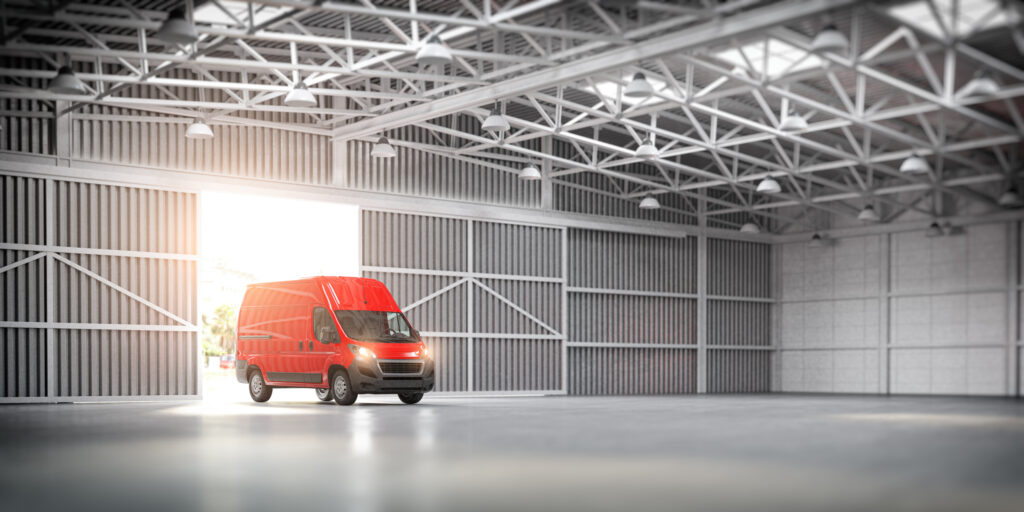Hope for a ‘final spurt’ as German new-car market records jump in November
06 December 2022

The latest data from Germany’s Kraftfahrt-Bundesamt (KBA) show that new-car registrations jumped 31.4% year on year in November and totalled 260,512 units. This is almost double the 16.8% growth recorded in October.
As in recent months, the data is set against a low base of comparison, but the latest figures for November exceeded Autovista24 expectations. The seasonally-adjusted annualised rate (SAAR) rose from 2.64 million units in October to 3.08 million units in November.
‘At the end of an overall disappointing automotive year, there is hope for a little final spurt. November was quite pleasing. There are also indications of good registration figures for December,’ said Reinhard Zirpel, president of the association of international motor vehicle manufacturers (VDIK).
The volume of new-car registrations during the first 11 months of the year reached 2.3 million units, a decrease of 2.4% compared to the same period last year. However, compared to pre-pandemic 2019, new-car registrations are down 30% in the year-to-date.
Autovista24 has adjusted its 2022 forecast and expects that new-car registrations will now only see a comparatively marginal 2.1% fall, to 2.57 million units.
Looking further ahead, Autovista24 projects new-car registrations in 2023 to total 2.83 million units, a year-on-year increase of 10.1%. Risks remain, however, largely from inflation, interest rates, and surging energy costs.
In November, passenger-car production in Germany increased for the seventh month in a row. German manufacturers produced 385,700 passenger cars, up 25% year on year. Since the beginning of the year, carmakers have produced around 3.2 million units, a jump of 12% compared to the same period last year. Supply therefore continues to improve but output is still down 28% compared to 2019.
BEVs show gains
In November, the number of battery-electric vehicles (BEVs) continued to grow on German roads, with 57,980 new registrations – an increase of 44% year on year. Last month, the market share of BEVs reached 22.3%.
‘Many customers and dealers still want to register as many electric vehicles as possible before the government incentives get significantly reduced at the beginning of 2023. Nevertheless, we expect the market to remain at its low point in 2022,’ Zirpel commented.
The German government is planning to cut subsidies for electric vehicles in the new year, details of which are expected to be released later this month. Subsidies for BEVs will gradually decline between 2023 and 2025, while incentives for plug-in hybrids (PHEVs) are to end altogether by the end of 2022.
The Federation of Motor Trades and Repairs (ZDK) does not expect a big jump in registrations in 2023. ‘This is because the incentive to purchase an all-electric vehicle is decreasing due to the changed subsidy conditions and due to the complete discontinuation of subsidies for plug-in hybrids,’ the industry body said.
The ZDK also warned that customers could be reluctant to purchase a new vehicle due to the economic situation with general price increases, high vehicle list prices, and massively increased fuel and energy costs.
This comes at a time when Germany’s largest carmaker Volkswagen (VW) Group announced it had produced record numbers of all-electric cars at its Zwickau plant. One week in November saw the manufacturer produce 7,100 BEVs including ID. models, as well as cars from the Cupra and Audi brands.
The company said that processes are stabilising and that it was getting closer to its planned production line. However, the carmaker is going through a time of uncertainty. VW Group’s new CEO Oliver Blume is reviewing plans whether to build a new plant to assemble its future Trinity model, an all-electric sedan. The project would cost billions of euros, with VW reportedly weighing its options to produce the flagship model at an existing site.
Blume told staff in a letter seen by Autovista24: ‘We are currently taking the opportunity to look at all projects and investments and to check their viability. In doing so, we are building on a solid strategy that we have developed together over the past years. Our goal is to continue to lead our brands with attractive products on a profitable growth course and thus create jobs with a secure future.’
Words of warning
Meanwhile, VW brand CEO Thomas Schäfer issued words of warning in a recent LinkedIn post, urging EU politicians to bring rising energy prices under control so Europe would not lose its competitive edge. Schäfer cautioned that investments in energy-intensive projects, including new battery-cell factories in Germany and the EU, could be rendered unprofitable otherwise.
Last month, energy prices eased slightly but were still 38.4% higher year on year. The inflation rate is expected to have hit 10.0% in November, a slight decline from the 10.4% seen in October, according to the Federal Statistical Office (Destatis).



